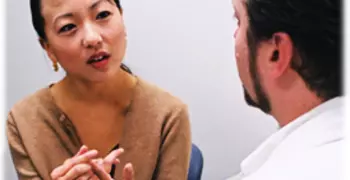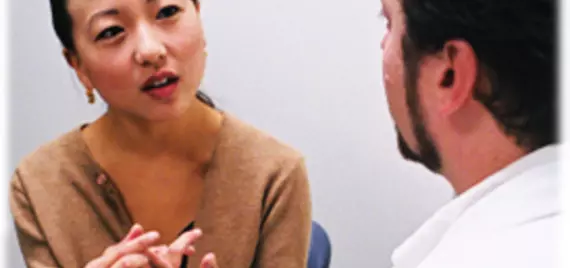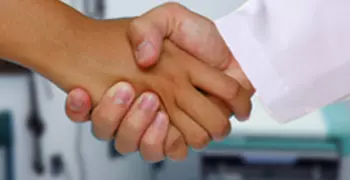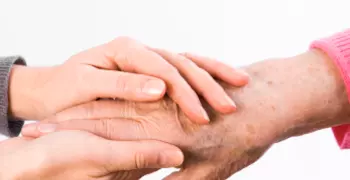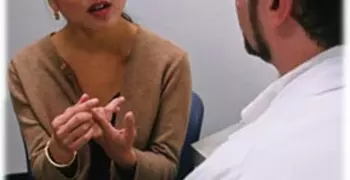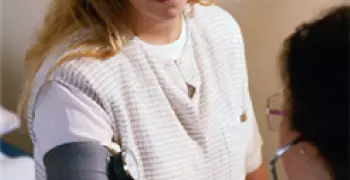Ellen Believes in Being Her Own Healthcare Advocate
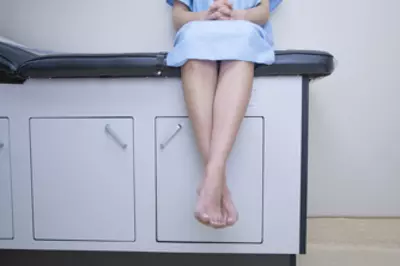
I have experienced a number of health and wellness challenges, including depression and anxiety, osteoporosis, osteoarthritis, migraine headaches, sleep apnea, fibromyalgia, and myofascial pain syndrome. These conditions started when I was a teen, and increased in number and intensity as the years passed (I am in my early 40s now).
In short, I have lived in constant pain. I have been unable to perform my teaching work, and at times have had difficulty just completing daily tasks. On top of the discomfort, I have also experienced stressful family situations, including a divorce and having to deal with my son’s mental health issues.
I initially consulted a family physician, who administered blood testing. I was discouraged when these tests showed no disorder, because I certainly didn’t feel healthy! I went to a rheumatologist, but felt I received a cursory diagnosis. I wanted to avoid conventional pain medications, because I feel fatigued when I use them.
I also sought help from a rehabilitation center. An MD who specialized in pain management worked with me there, and the center also offered some information and encouragement about complementary therapies. After researching practitioners, I tried a number of complementary therapies, including diet modification, acupuncture, shiatsu massage, vial-based allergy testing, mind-body exercise regimes such as yoga and Tai Chi, homeopathy, and more. With the exception of acupuncture, which I personally found detrimental, most of the therapies were benign. They were helpful, but not necessarily healing. I am currently working with a myofascial pain relief massage therapist, and am feeling some relief from that treatment.
I think the biggest decision I have had to make throughout my healthcare journey was to take control of my own situation. I had to determine whether I was going to be defined by my conditions, or if I was going to be in charge. I feel that neither conventional nor complementary medicine is necessarily patient-centered. To address this, I have really asserted myself in all healthcare settings. Patients have to be their own best advocate. This decision has changed my life.
